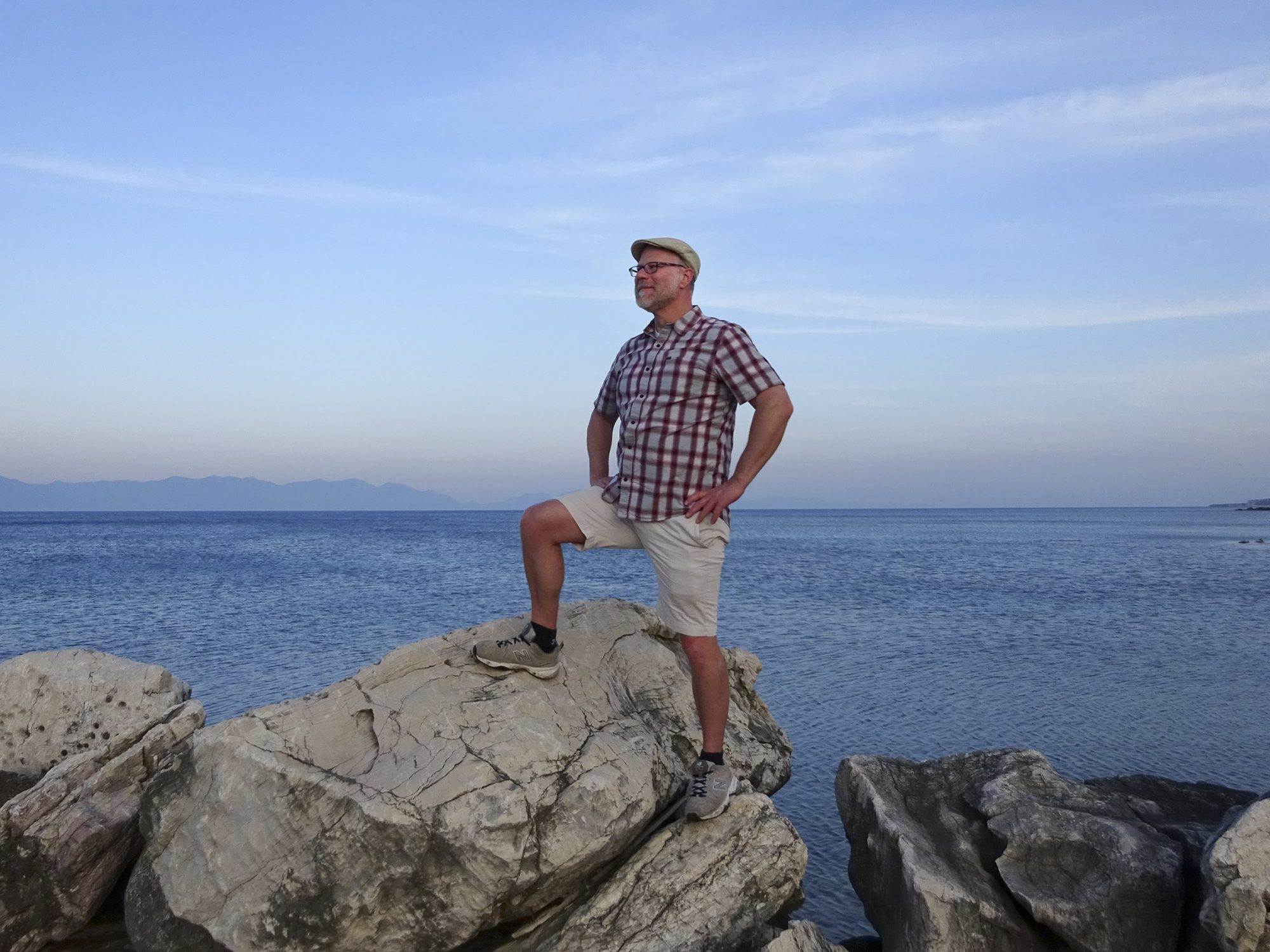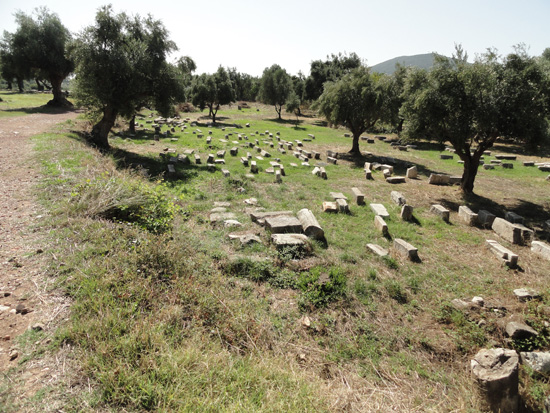
Well I’m back home. Summer is finally over and it’s like… November? I remember as a kid the seemingly endless number of days between the end of summer and Christmas. Now the calendar pages fly by like in a montage from a 1930’s sentimental romance, interspersed with spinning headlines and scenes of speeding trains and planes crisscrossing the planet.
Stavros came back with me from Greece and stayed for two weeks in San Francisco. I dropped him off at the airport a few days ago, our six weeks together having gone by way too swiftly. Since our romance has been framed essentially by vacation time, we’ve avoided a lot of practical relationship considerations in favor of complex getaways to increasingly romantic locations. I wrote a little bit about our first few weeks in Greece last month, now I’m going to get you caught up on some of the highlights of our final days there.
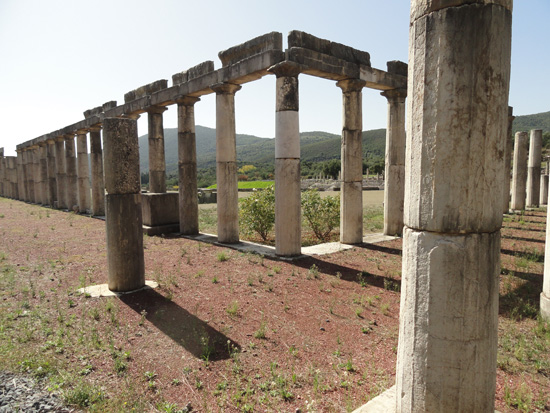
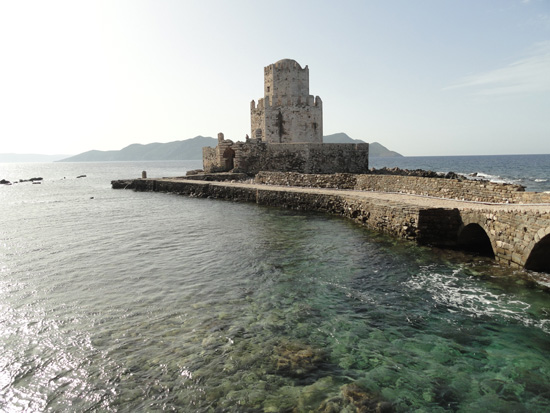
My days in Greece numbered, Stavros and I took a little road trip to explore Messenia, in the southwestern Peloponnesos, visiting the sister Venetian castles of Koroni and Methoni, hopping the walls of Nestor’s Palace, swimming in one of the world’s most beautiful beaches in Voidokilia, walking in the footsteps of Jesse and Celine from Before Midnight in Pylos, hiking along the waterfalls at Polilimnio, and exploring the ruins of the classical era theaters and stadium at ancient Messini and the many Mycenaean tholos tombs in the area.
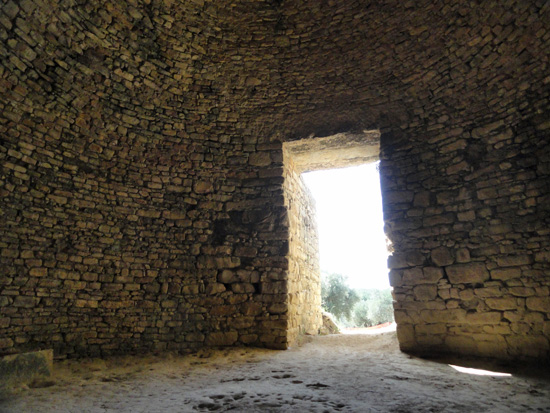
I and my buddies Giorgos, Tassos and Stefanos attended a delightful performance by André Maia one night, a fabulous Portuguese actor and singer, with special guest Nena Venetsanou, at the National Conservatory in Athens, part of the Petit Paris d’Athènes festival. They performed works by Eric Satie, Kurt Weill, Michel Legrand… an intimate celebration of French song, shared with a tiny little audience in the conservatory where Maria Callas learned to sing. Maia really belted them out, like a bearded Edith Piaf, sort of wrapping his whole little self around each song, arms thrown up in the air, head tossed back, at times reaching histrionically towards that light above the audience that such performers ofter reach towards before they fold their bodies in half and drop their mikes to the stage as the audience erupts in wild applause. Venetsanou’s performance was considerably less frenetic, but soulful and moving, nonetheless. She appeared, sat down, bent her head over her guitar and emoted, beautifully.
Stavros and I took a drive out to Lake Vouliagmeni on probably the coldest wettest day of the summer. Or, considering that this was in October, one could also say that it was probably one of the warmer, milder days of autumn. The lake is fed by underground currents seeping through Mount Hymettus, and maintains a constant 75 degree temperature, and little fish nibble at your feet, like in Korean spas, munching at and smoothing away dead skin cells. The setting is gorgeous, at the base of the mountain, overlooking the sea, so the cold and rain didn’t bother us. The fish did, though—at least me. When you enter the lake, they don’t move away like normal fish, they stay there, hovering around your feet, like, “Hey guys, here’s another giant snack.” Their constant nibbling really annoyed me, so I squirmed constantly while floating around. But Stavros loved it, giggling and squealing, providing a feast for the voracious micro-piranhas.
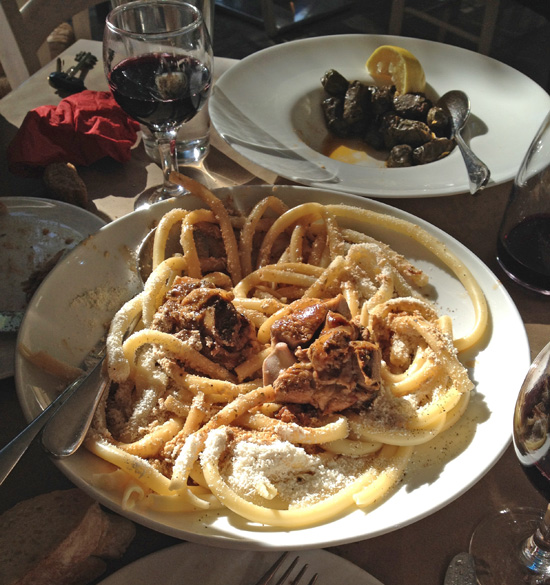
One of my favorite restaurants for traditional Greek fare is Bakalogatos, in Kypseli on Fokionos Negri. The restaurant offers takes on regional cuisines from all over Greece. Our bucatini with stewed goat and aged mizithra was one of the most memorable dishes I’ve experienced, the flavors and textures so perfectly balanced, the goat falling off the bone. Stavros looked at me as I was eating and, rolling his eyes, asked, “Are you going to cry again?”
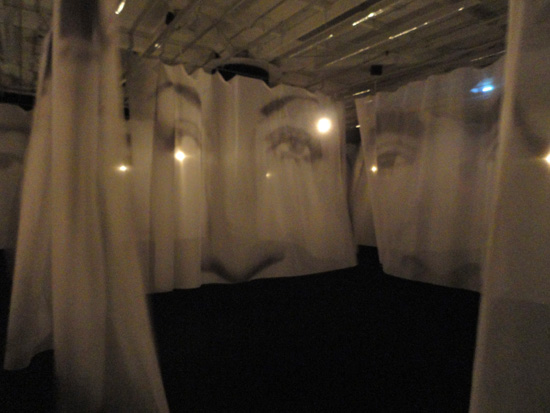
My friend Panos swept me away one day for coffee talk at Terra Petra, a tony club in the hills surrounding Athens, and then to the Christian Boltanski show at the Onassis Cultural Center. Boltanski created an immersive installation using blown-up black and white images of the eyes (and noses) of 12 Greek citizens, printed on sheets and hung in rectangular configurations to create billowy rooms. The collective heartbeats of the 12 played softly in the background, while clocks ticked away, corresponding to the number of seconds of each person’s existence. There were no signifiers of age, character, fashion sensibilities… only eyes. (And noses.) Reducing their presence to eyes and heartbeats, their lives to passing moments, the installation was very moving, like we were in them, and while visually elegant, ultimately sad, the seconds of our lives tick ticking away…
